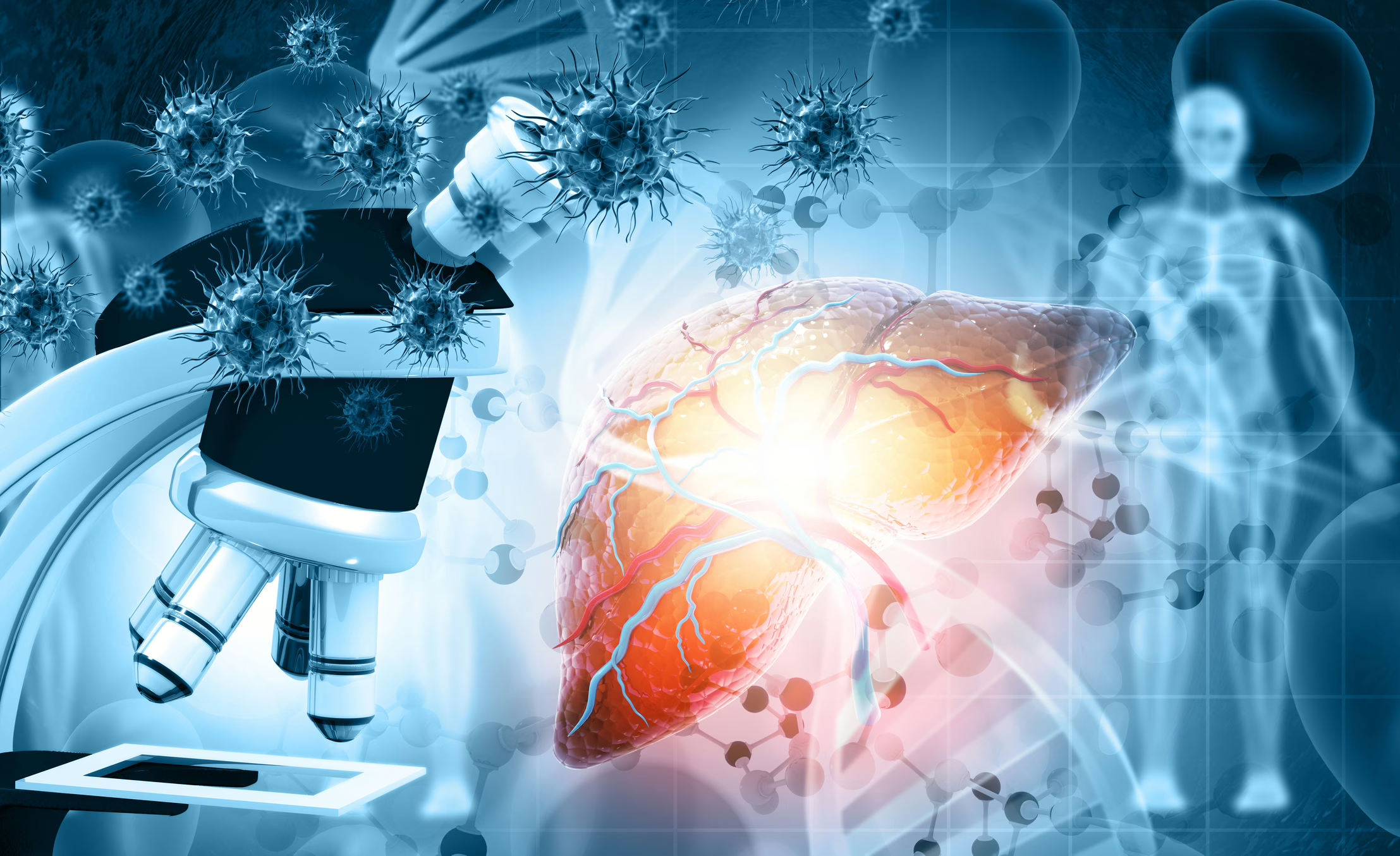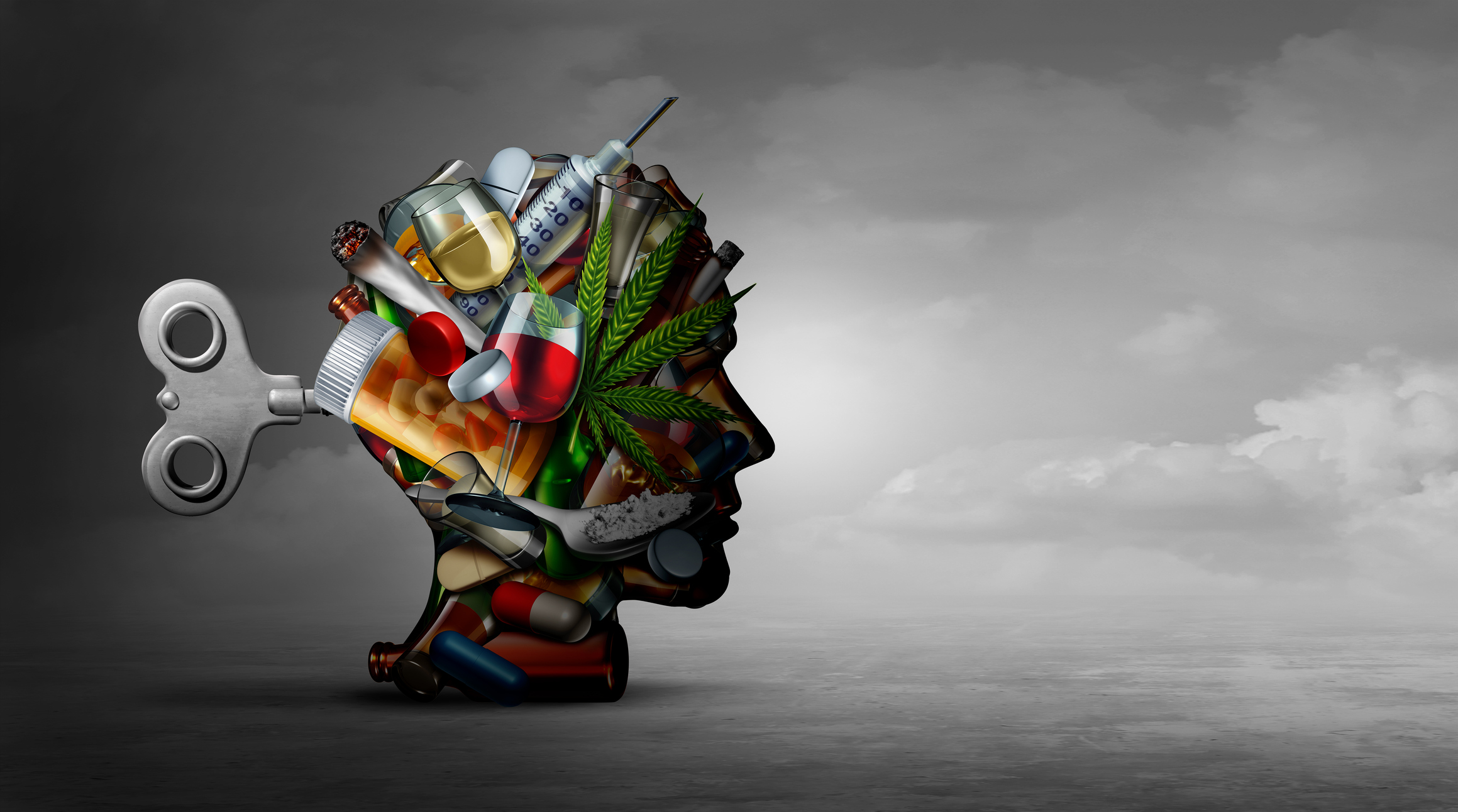Alcohol use disorder (AUD) – what used to be called “alcoholism” is a medical condition that occurs when drinking alcohol causes serious problems in a person’s life. It can be a long-term or lifelong condition and could come back even years after treatment.
Treatment for alcohol use disorder may include talk therapy (also called “psychotherapy”), support groups, medications, or a combination of treatments. Alcohol use disorder can be life-threatening and can become a chronic condition, like high blood pressure or asthma. You may need treatment over a long period of time.
These days, medications are often used in conjunction with talk therapy and support groups to treat alcohol use disorder. The medicines are usually taken once people have stopped drinking to help keep them from starting to drink again.
Types of talk therapy include the following:
- Cognitive behavioral therapy: This type of therapy helps you change your thinking and behaviors that lead to drinking.
- Motivational enhancement therapy: This type of talk therapy uses your internal strengths to encourage and motivate change.
- 12-step programs (such as Alcoholics Anonymous®): These programs use support groups, peers and sponsors to help you go through the process to stop drinking and remain abstinent.
- Other support groups: There are many other support fellowships that promote recovery (for example, SMART Recovery®, LifeRing Secular Recovery, Secular Organizations for Sobriety, and Women for Sobriety).
Your doctor may suggest taking a medication to help treat your alcohol use disorder or maintain your recovery. Medications are usually used together with talk therapy and support groups. Commonly used medications include the following:
- Acamprosate (Campral®): This medicine was approved by the U.S. Food and Drug Administration (FDA) to treat alcohol dependence. It rebalances brain chemistry that may be changed while drinking heavily.
- Disulfiram (Antabuse®): This medicine was also approved by the FDA to treat alcohol dependence. If you drink alcohol, this medicine immediately causes unpleasant effects, such as nausea, vomiting, headache, flushing (reddening of the face, neck, or chest), sweating, and chest pain. These effects can last for an hour or longer.
- Naltrexone (Revia®, Vivitrol®): This FDA-approved medicine decreases alcohol cravings.
- Topiramate (Topamax®, Trokendi XR®, Qudexy XR®): This medicine was originally approved by the FDA to treat seizures and prevent migraine headaches. Some doctors also use it to treat alcohol use disorder. It helps rebalance chemicals in the brain and helps correct the electrical activity of brain cells that’s been disrupted by alcohol.
Medications aren’t right for everyone and you should check with your insurance company to make sure they’ll cover it. You should also ask your doctor some additional questions:
- Do you think a medicine might help me? If so, which medicine might work best for me?
- Do I need to stop drinking before taking the medicine?
- What side effects should I watch for?
- How long will I need to take the medicine before I know if it is helping?
- If the medicine helps, how long will I need to keep taking it?
- How often will I need checkups?
- What if I tried to stop drinking before and it did not work?
- Would it help for me to also talk with a therapist or a counselor?
- What support groups can I go to for help?
There are more options than ever before to treat alcohol use disorder. Check them out!















